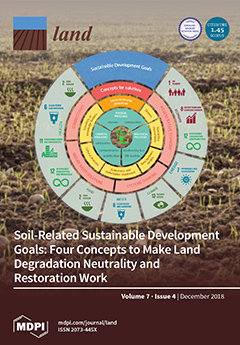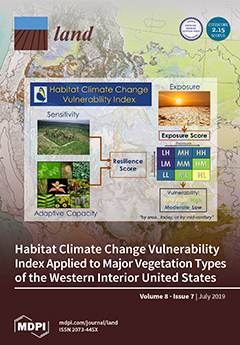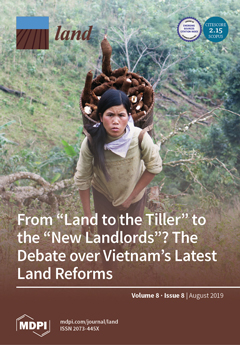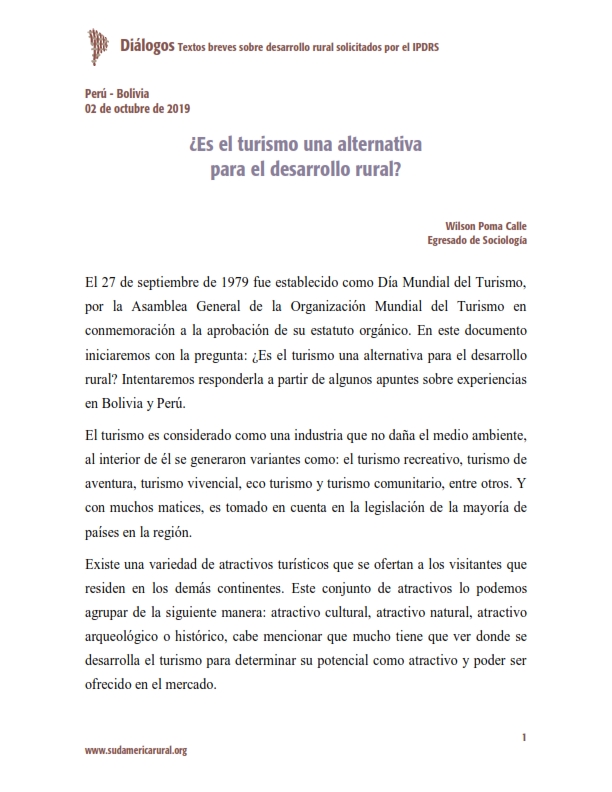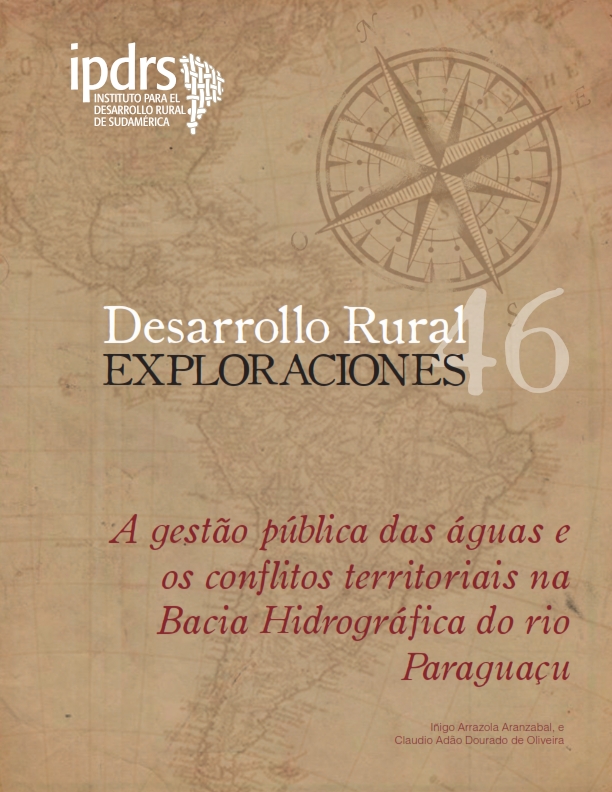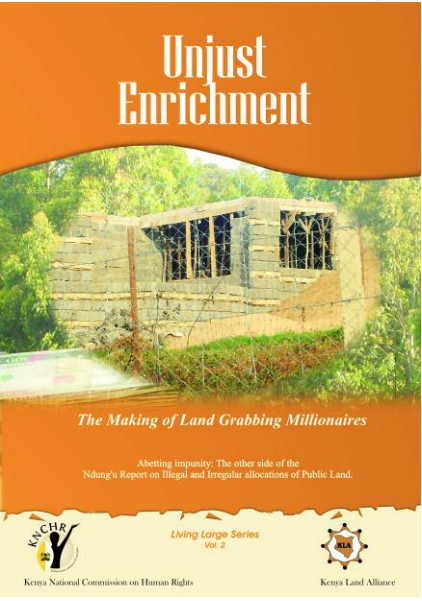Resilience of Traditional Livelihood Approaches Despite Forest Grabbing: Ogiek to the West of Mau Forest, Uasin Gishu County
This paper is a summary of the findings of research work conducted in two case studies in the Rift Valley, Kenya. This study used the Neo-Institutional theory to interrogate how the rules and regulations (institutions involved) of the agrarian reform process in Kenya are constantly changing and helping to shape the livelihoods of social actors around Mau Forest. The first case study—Ndungulu, is a settlement scheme where the Ogiek ethnic community were resettled between 1995 and 1997 after the land clashes of 1992.

